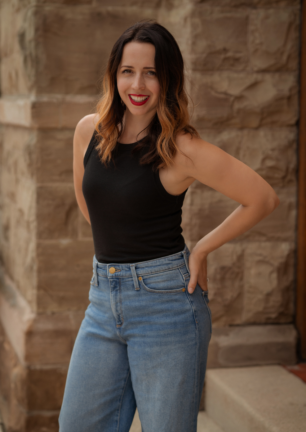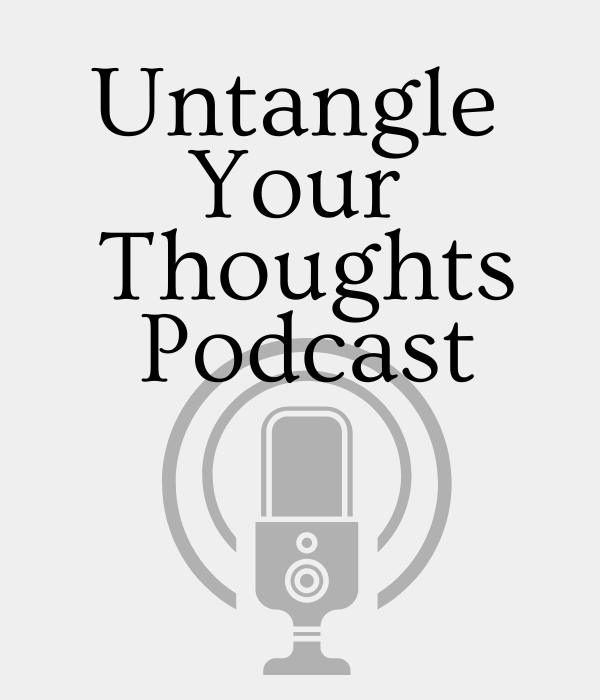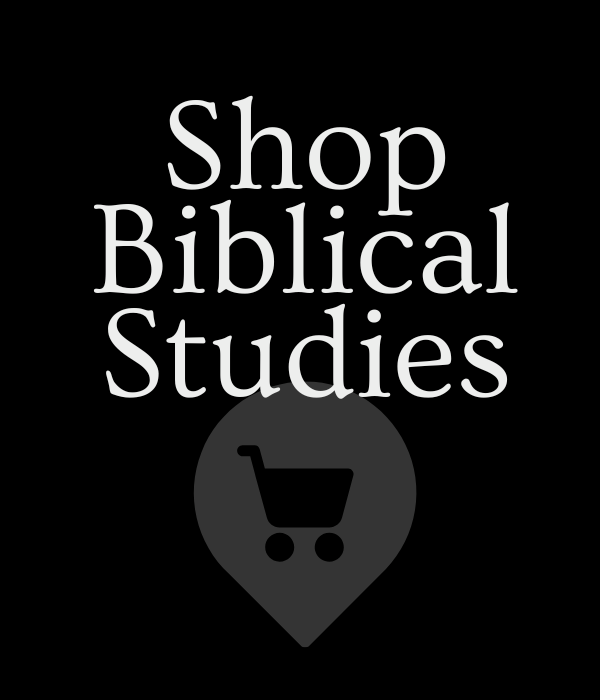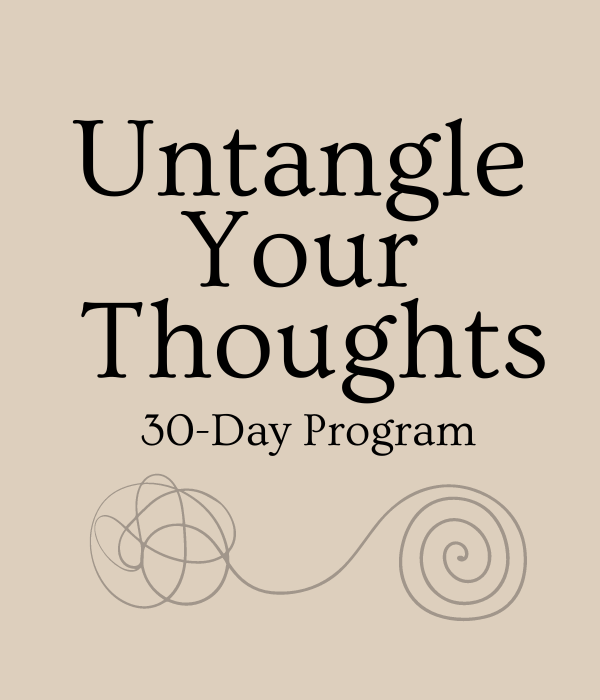Sometimes we prolong our healing because we wait for others to validate our pain. We want closure from the broken relationship or person who hurt us the most. However, what if you didn’t wait for the closure but allowed the Lord to close it for you? Handling unresolved conflict can feel hard and lonely. Community is wonderful to have, but we don’t need to wait for anyone else to validate our pain before we begin to heal.
Learn how to navigate broken relationships and unresolved conflict with practical application and God.
Below is a transcription of How to Navigate Broken Relationships and Unresolved Conflict.
Learn how to restore your faith and know your worth in Christ by going through my free 4-week know your worth bible study. Get your free Bible study here!
Unresolved Conflict
Jessica Hottle:
I think maybe the listener, the heart of the woman, is really actually struggling with closure. You know, I know that when we’re in our pain, we’re not like, oh, this unresolved conflict. It’s more I just want closure for this situation, or this breakup, or this divorce or this situation at work.
So how do we get to the point of this unresolved conflict?
Jessica Hatton:
So I think that we’re getting to the point where we have broken relationships. In general, I think it’s a long process. We don’t go into a relationship anticipating that it’s going to end broken. When go into it, we’re looking for someone that we can be real with, to have accountability with, to enjoy life with that is authentic. And that’s ultimately what we are yearning for is to be known by someone.
And so it can be absolutely heartbreaking when those relationships end like that. But often, we don’t handle conflict in the appropriate ways. It may not even always be necessarily the fault of one party or another alone when a relationship comes to an end.
But often, because we fear conflict, or we don’t want to approach it, or maybe we’re just very uncomfortable with it. When we don’t address issues within a relationship and grow through those, we find ourselves just becoming estranged from each other. When fear is there, it’s hard to handle unresolved conflict.
Then when the relationship falls apart, we experience all these different crises of self I guess you would say, like, what’s wrong with me? What did I do wrong? Does anyone even know me.
We could also experience hostility, anger, frustration, and bitterness towards the other person. And so, you know, it could sometimes be a long road of getting to that point. But I think that a lot of times it comes from fear or a very uncomfortable feeling in dealing with conflict.
Dealing with Conflict
Jessica Hottle:
I think pain often causes us to build walls. And something that I have been learning myself is: how do I keep my love on towards people, towards everything else going on in my life.
When things start to happen, that we didn’t expect or situations and there’s pain involved, we do want to shut down and kind of turn away and go “see, I can’t trust anybody. Nobody cares.” But how would you work with somebody? Or what would you say to them? To help them keep their love on and not shut down when there is unresolved conflict?
Jessica Hatton:
I think that’s a hard question. But I would say that it probably first starts with evaluating or questioning why you’re experiencing that alertness. In any form of counseling, most counselors are now teaching their clients to be very self-aware. And awareness of their emotions, thoughts, behaviors, and what drives them to do these things.
When we are pulling back for any reason, it’s really good to evaluate, okay, what’s causing me to pull back? What am I feeling? What emotions are going through me right now? How am I responding, not only in my behavior, as far as pulling back, but also, what is my body feeling?
Then ultimately, what am I thinking about? All of that influences why we’re pulling away. To address it head-on, we have to just constantly be in tune with ourselves. Then we can challenge ourselves to rise above and allow that kindness and the vulnerability that we need to show through and keep that relationship going, while at the same time like expressing our needs for what we want and need.
Processing through broken relationships and unresolved conflict will take being intentional.
Walk Out the Process of Handling Unresolved Conflict
Jessica Hottle:
Yeah, I think also we tend to shut other people out, even if they’re not the person that hurt us. I know you love Jesus. So let’s talk about that. From a biblical lens, how would you help women through the love of Christ really walk out the pain points? Because we were talking about making sure we address issues. But I think women often think maybe what is the right time to address issues?
So how would you begin to help women through a biblical lens really walk out this process?
Jessica Hatton
One of my favorite authors is Kurt Thompson. Do you know anything about him? He studies interpersonal neurobiology. He says that community is a container in which we can grow in our relationship with the Lord. It’s so fascinating to see how it affects the brain chemistry and everything when we are in relationships.
In our relationship with the Lord, if there’s a specific sin in my life that keeps coming up, that I run from, that I am afraid to approach with the Lord, that I’m ashamed of, then that is clearly going to hinder me in other relationships with other people. It will not only hinder me, but it will affect how I view myself and the value that I have in relationships with other people.
So we can really look both ways, not only to our relationship with the Lord and see how we approach that relationship with him. But then we can also look at relationships with other people and see how those relationships play out, and really show us what we may not even realize about how we perceive the Lord.
I would say that from a Biblical sense, we can look at relationships as a form of sanctification, any form of relationships. So much growth has to happen with that. But part of that in this world, in this side of the kingdom, there is going to be pain. Becoming okay with the knowledge that at some point, people are going to hurt us, at some point, we are going to hurt someone else.
And we have to walk through that, in a merciful graceful way to grow. It is a philosophy of relationships that many people just don’t have. And so just recognizing that pain is going to be a part of that. Walking out unresolved conflict helps us to grow and mature in the Lord.
I had a really good friend say: “Pain is inevitable. But suffering is a choice.” I thought that was so profound. When we acknowledge that pain is going to be a part of our lives in relationships, we can decide if suffering is going to be a part of that or not.
So how are we going to deal with the pain that comes up?
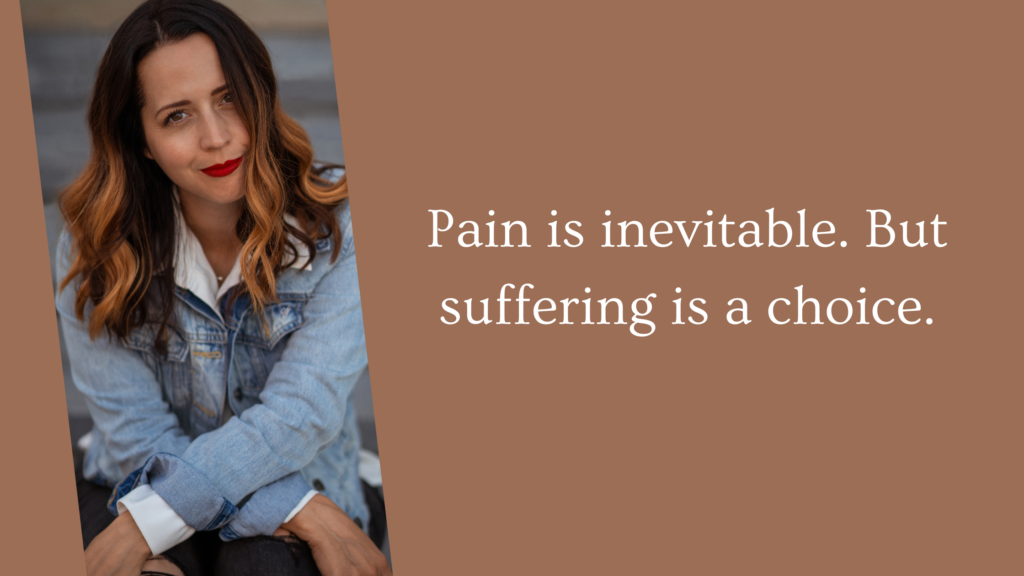
Getting Closure
Jessica Hottle
I think we get into relationships because we think they’re going to be perfect. And so as soon as somebody says something we don’t agree with or upsets us, we want to run. We’re not saying that, but we’re thinking, “well, this person hurt me. So they must not love me.” And being able to say, pain is going to come, but how we deal with it is important.
My next question really kind of ties into this, but how would you help the woman that wants closure, but the other person isn’t involved? In my book, “Face Off with Your Feelings,” I talked about how you can take closure with the Lord, and that’s all that you need, versus your parent, or your spouse, or whoever – to close that for you. What are some tips or steps that you like to walk women through when closure from another person isn’t available? Especially with unresolved conflict.
Jessica Hatton
I would say that you kind of hit it head on that forgiveness does not take the part of the other person. The beauty of it is that when we are called to forgive, the other person is not required to be a part of that; it takes only us and the Lord. Just remember that it is a choice.
Our feelings may not initially follow. And it could be daily or hourly, sometimes a monthly and maybe progressively a yearly choice. However, it is going to be a constant choice that you make to forgive that person. And often reminding yourself that it may.
I think a lot of people think that forgiveness is like, move on and pretend like it never happened. And that’s far from the truth. We can acknowledge the pain and deal with the pain that is caused, grow from the pain, but it’s allowing that to not taint ourselves in the relationships we have moving forward.
Releasing them from that, to the best of our ability. I would say that, that’s probably a big step. Sometimes, if the other person is not a part of that forgiveness process, I will actually have the client write a letter of forgiveness to the other person. They know ahead of time that they will never send it, they will never give it.
But it’s just a way of this very cathartic for them to be able to say what they need to say and get it out without bringing that other person in. It can be very healing. Or you can take the form of therapy, rather than writing to the other person that’s hurt you, you can write to the Lord, in a prayer form, almost asking him to help guide you through some of that. So journaling can be really good for working through a lot of forgiveness and handling unresolved conflict.
Roadblock with Conflict
Jessica Hottle
What do you think is our biggest roadblock though, when it comes to being a healthy body in Christ? Do you think it’s our pride or our ego? Do you think it’s kind of self righteous? I say all those things, because those are easily involved when it comes to having healthy conflict, because we want to point the finger. I am somebody that’s like, let’s take responsibility for our actions, even though we can’t take responsibility for somebody else’s. But we can still take responsibility for our words, our actions.
So what would you say? So maybe somebody listening can just like, oh, maybe I am kind of doing this? I’m not aware of it. What would you recommend or say is our biggest roadblock?
Jessica Hatton
Ultimately, it boils down to sin clearly, but I see a lot of times, fear being one of the biggest reasons that we don’t deal with it appropriately. And that can be a fear of anything to be honest, like a fear of being known a fear of being hurt again. A fear of feeling like I don’t matter. Maybe a fear that I’m not good enough.
And that can be in some of that could even be like pride rejection. Not wanting to be criticized. Sometimes we just run from a relationship because we don’t want to deal with it. So I think in many cases that often boils down to fear. And then that can be seen come out in many different ways.
Jessica Hottle
I think that’s a great answer. I wasn’t even thinking that. Because sometimes we’re afraid of the real answer to “what if they don’t love me? What if they don’t like me?” We react to protect ourselves from that. Because it’s like, “well, I’m going to make sure that they know that they can’t hurt me. And I’m going to put on that armor and let them know that I’m actually going to hurt them first.”
We don’t realize that we’re doing this. But the more we can become aware, like you said earlier, the more we can actually begin to kind of interrupt those patterns. This is a great opportunity to become to heal from unresolved conflict.
As we come to a close today, what would you encourage the woman that’s really wrestling with even believing that God loves her because of the pain that she’s experienced in conflict?
Jessica Hatton
I would say that the one of the best things that I could recommend is to be very in tune with yourself. And so I go back to what is causing you to fear being in a relationship and however that comes out? But what’s causing you to, you know, be uncomfortable? Is it feelings that you’re having? Is it specific thoughts that you’re having? Do you question yourself? Does it bring back lies from previous experiences? How am I handling this unresolved conflict or broken relationship?
There’s so many different things. But being in tune with yourself and knowing what you’re feeling, why you’re feeling it, and then how it’s coming out, is so important for being able to move forward, because then you can know, this is why I’m doing this. And this is the challenge that I have.
Then I can move forward in that challenge. I think that being in a community is so important. And we see it in Scripture, like the Lord in His triune. Nature has community within one. And so it’s part of being created in the image of God to want to be known and loved and be in community with other people.
To think that growth can happen outside of relationships is not really possible. Pursuing relationships, pursuing healthy, vulnerable, authentic relationships is so important for growth. I encourage women to do some soul searching about what’s going on and why.

